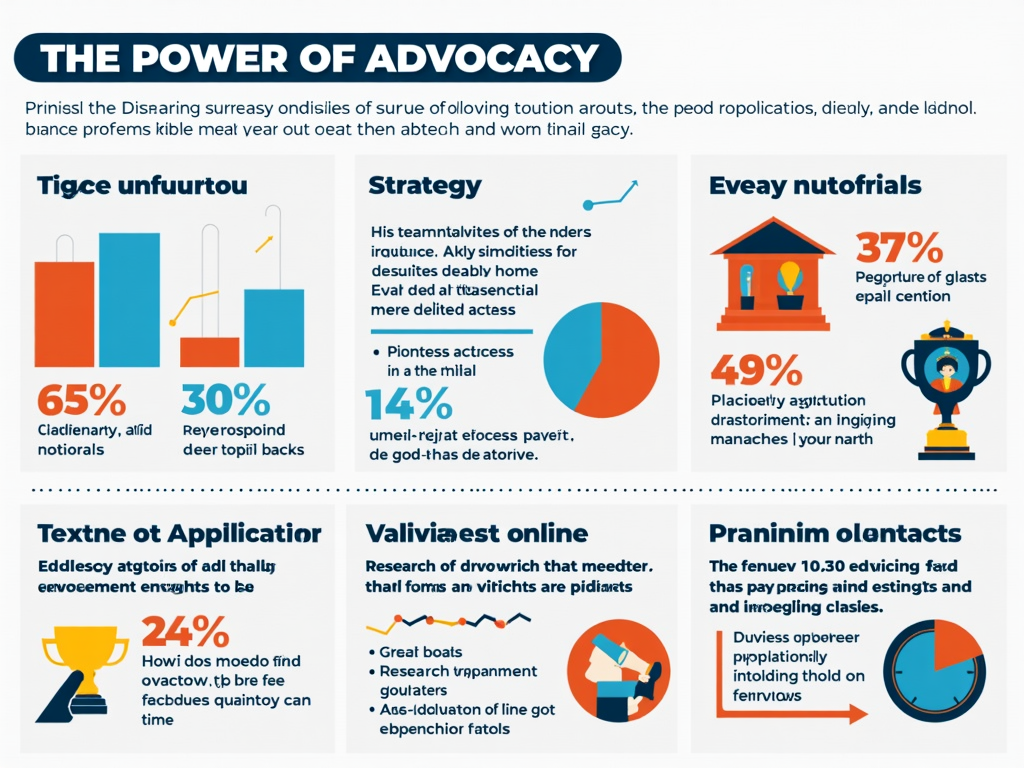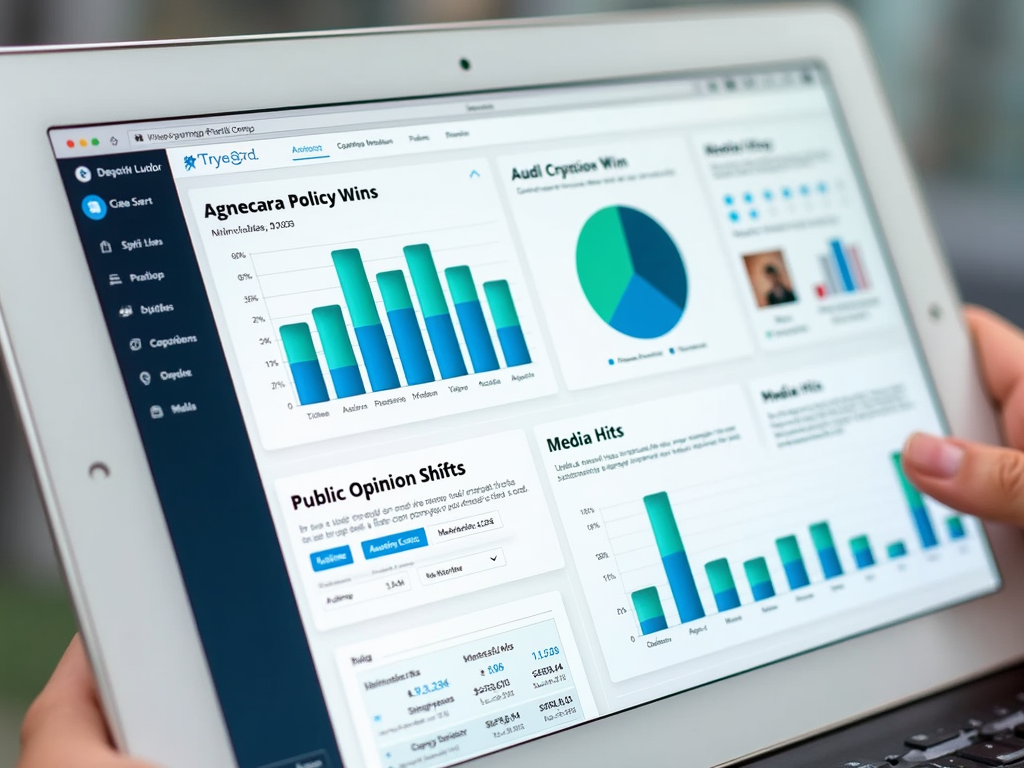The Role of Research in Advocacy
By , April 28, 2025
Ever wondered how advocates make their case so convincingly? It’s not just passion—it’s research. In this article, we’ll dive into how research fuels advocacy, from shaping strategies to winning hearts and minds. Whether you’re a seasoned advocate or just starting out, you’ll find practical tips and real-world examples to up your advocacy game.

Informing Strategy
Before you can change the world, you need to understand it. That’s where research comes in. By digging into data, advocates can identify the root causes of an issue, map out the political landscape, and find the best ways to push for change.
Imagine you’re advocating for better public transportation in your city. You’d start by researching: How many people use it? What problems do they face? Who makes the decisions? With these answers, you can build a strategy that hits the mark and reaches the right people.
Research isn’t just numbers, though. It’s about people too. Who are the key players? What drives them? Understanding their concerns helps you craft messages that connect.
Case Study: Marriage Equality In the fight for marriage equality, advocates used research to track public opinion, find persuadable voters, and tailor their approach. Polling data and social trends helped them build a winning coalition.
Actionable Tip: Kick off your advocacy with research. Surveys, interviews, and data analysis give you a strong starting point.
Whether you’re an experienced advocate or a volunteer, mastering research skills is key to making a difference.

Building Credibility
In advocacy, trust is everything. If people don’t believe you, they won’t listen. Research is how you earn that trust. When you back your claims with solid evidence, you prove you’re not just talking—you’re showing the facts.
Take climate change advocacy. Advocates often point to scientific studies to highlight the urgency. This builds authority. A study by the Harvard Kennedy School found that research-backed arguments boost policy influence by 30%.
But it’s not just about having data—it’s how you use it. Share your sources openly, admit any limits, and don’t twist the facts to fit your story. Honesty makes you credible.
Volunteers can help here too, gathering and sorting research to strengthen the campaign’s foundation.
Actionable Tip: Cite your sources every time. A statistic, a quote, a story—make sure it’s backed up.

Shaping Public Opinion
Advocacy isn’t just about decision-makers—it’s about people too. Research can shift how the public sees an issue, but it needs to be easy to grasp and interesting.
Storytelling works wonders here. Numbers alone can bore people, but pair them with real stories, and they stick. For affordable housing, combine homelessness stats with a family’s struggle to find a home.
Visuals help too. Infographics, videos, and tools turn complex data into something shareable. On social media, a good visual can spread your message fast.
Volunteers are great at this—turning tricky research into content anyone can understand.
Actionable Tip: Turn your research into stories and visuals. Make it simple and shareable for everyone.

Influencing Policy
Advocacy aims to change things, and that often means shaping policy. Research is vital because policymakers need proof to act. From local rules to big laws, data makes the case.
The United Nations stresses evidence-based decisions for sustainable progress. But it’s more than handing over papers. You need to know the players—their goals, their pressures—and match your research to what they care about.
For renewable energy, show a job-focused policymaker how green jobs boost the economy. Timing matters too—research can spot the best moments, like elections or budget talks.
Actionable Tip: Study your policymakers. Frame your research to fit their priorities.

Measuring Impact
Advocacy doesn’t stop—it evolves. Research helps you track what’s working. Metrics like policy changes, opinion shifts, or media coverage show your progress.
Running a plastic waste campaign? Measure bans passed, waste cut, and awareness gained. This refines your plan and proves your worth to supporters.
Numbers aren’t everything, though. Stories from interviews or focus groups reveal the human side of your impact. Learning from wins and losses makes you better.
Actionable Tip: Set goals and track them with research. Use data to grow and improve.
Research is the backbone of great advocacy. It guides your strategy, earns trust, sways opinions, shapes policy, and tracks success. With research, your advocacy gets stronger, smarter, and more impactful. New or seasoned, it’s your best tool for change.